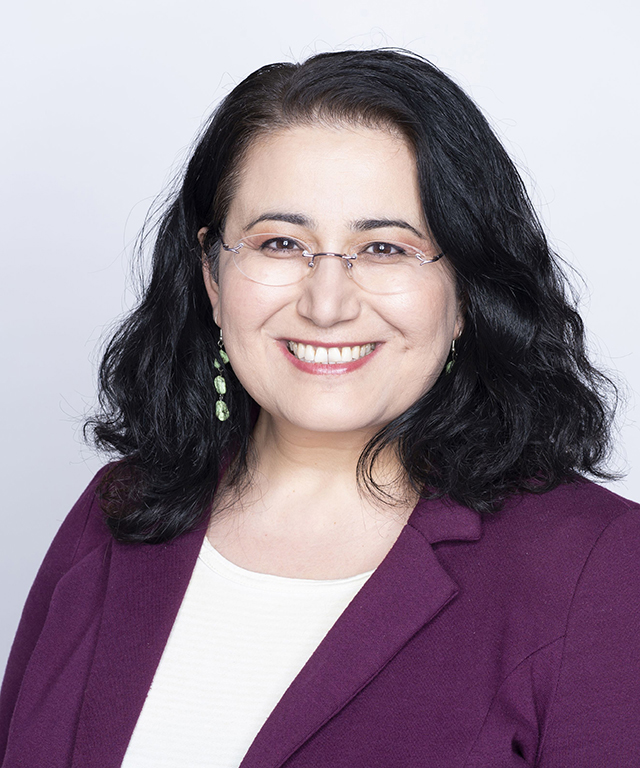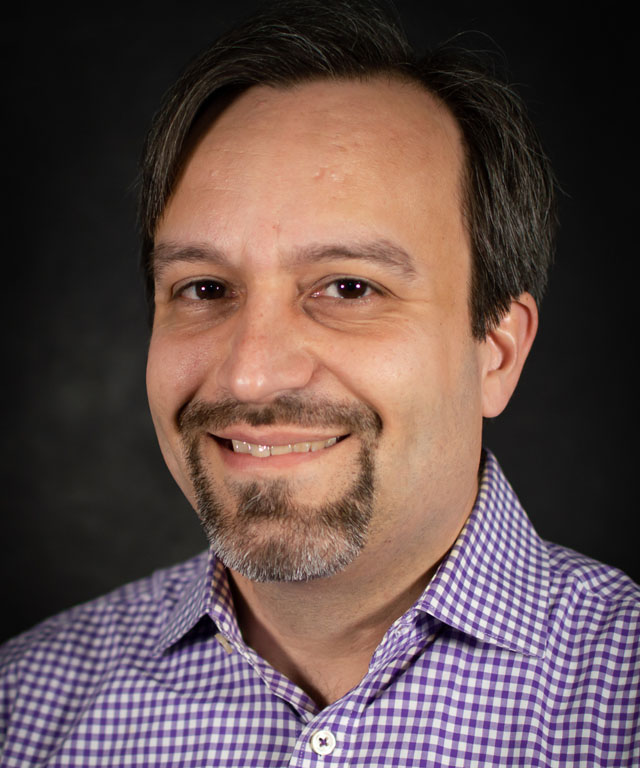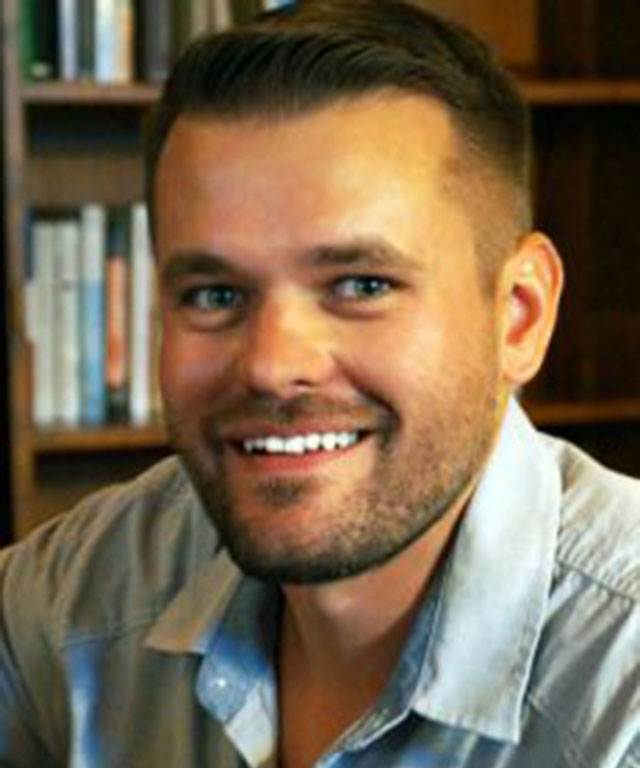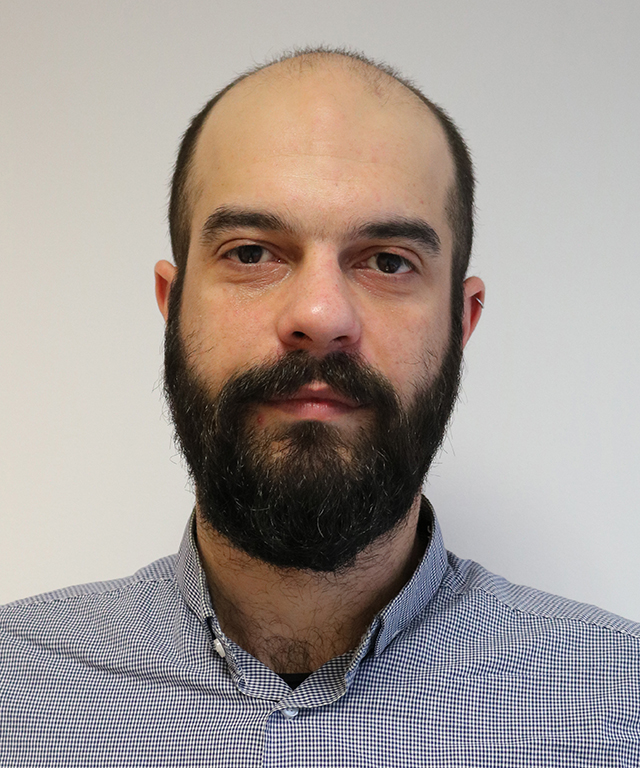AGILE 2022 PRE-CONFERENCE WORKSHOP 3:
Tuesday, June 14, 2022, 9:30 – 13:00, CET+1 (half-day workshop)
25th Conference of the Association of Geographic Information Laboratories in Europe (AGILE), Vilnius Gediminas Technical University – VILNIUS TECH, Saulėtekio av. 11, Vilnius, Lithuania.Room SRK-I 313 & online.
Please fill in this form if you intend to participate in the workshop (either physically or remotely), to help us better plan the event.
Maps are not just lines, points, and symbols assembled as pictures. Maps constitute one of the most powerful cognitive vehicles to explore and describe the world, but also to express ourselves metaphorically. The world of ubiquitous computing is now full of enthusiastic “cartographers”. The way people interact with technology, the shift from the “god’s eye view” to any perspective in viewing space, and the necessity of employing cartographic means to make sense out of big data, have introduced the need to shift the paradigm of cartography and geovisualization to cybercartography. This involves the development of an innovative cartographic language, multisensory representations, multimodal interaction, and tools that enhance spatial literacy and develop truly map-minded spatial citizens.
Following last year’s CYBERCARTOGRAPHY 2021 Workshop, the 2022 Workshop aims at bringing together scientists to present innovative approaches, existing projects, technological tools, and to discuss emerging research questions related to Cybercartography.
This year, the Workshop endorses an independent but complementary activity - the CYBERCARTOGRAPHY COMPETITION 2022: Developing Exemplary Cybercartographic Representations. Competition results will be presented at the Workshop.
The main objectives of the Workshop are:
National Technical University of Athens, Cartography Laboratory, CYBERCARTO Project
ICA Commission on Cognitive Issues in Geographic Information Visualization
ISPRS WG IV/2: Ontologies, Semantics & Knowledge Representation for Geospatial Information
ISPRS WG IV/9: Geovisualization, Augmented & Virtual Reality.
Professor of Human-Computer Interaction & Extended Reality, and Director of Institute of Interactive Technologies, University of Applied Sciences and Arts Northwestern Switzerland (FHNW). Research Affiliate, Seamless Astronomy Group, Harvard-Smithsonian Center for Astrophysics, Harvard University, Cambridge, USA. Chair, ISPRS WG IV/9: Geovisualization, Augmented & Virtual Reality. Co-Chair, ICA Commission on Visual Analytics. Council Member, International Society of Digital Earth.

Abstract: This talk provides a brief overview of the most current approaches in capturing data about humans in their spatial context. Most recent developments have implications for inferring context as well as a user's cognitive state, and thus deliver personalized information directly integrated in the environment through spatial computing (term used here as it is used in the extended reality terminology). We show selected examples from our own projects for eye tracking and real time collaboration.
Associate Professor of Geography & Director of Online Geospatial Education Programs, Penn State University, USA. Co-Chair, ICA Commission on Visual Analytics.

Abstract: Social media provide a dynamic environment for the development and dissemination of maps. In some cases, socially-shared maps go viral, and in the process they may rapidly reach enormous audiences around the world. Cartographers need to understand how these maps are designed, how they are being shared, and to characterize what it is about certain products that makes them 'go viral.' In addition, the sourcing of original material for socially-shared maps is difficult to determine in many cases. Anecdotally, we have found instances in which users are manually modifying existing maps and sharing those modifications which may then become viral artifacts in their own right. In this talk I present a prototype visualization tool called MapReverse which allows users to use the results from machine learning analysis to characterize the design and topics associated with large collections of map images that may be similar to a particular viral map example. A combination of reverse image search and machine learning image analysis services allows us to identify antecedent examples as well as large numbers of descendent variations of viral maps that are modified from an original image. This combination of visualization and machine learning methods may help us better understand the rapid evolution of cartographic design in the age of social media.
Professor of Geography at the University of Wisconsin-Madison, leading the cartography and visualization curriculum. Director of the UW Cartography Laboratory and Director of the UW-Madison GIS Professional Programs. Chair of the International Cartographic Association Commission on the User Experience (UX). Editor of the Cartography & Visualization Section of the University Consortium for GIScience Body of Knowledge.

Abstract: Mobile-first describes an approach to user experience (UX) design optimized for the technological constraints of mobile devices, such as smartphones, tablets, and heads-up displays. A joint workshop with the ICA's Location-based Services (LBS), Cognitive Visualization (CogViz), and UX Commissions was held in Beijing, China, ahead of the 2019 International Cartography Conference to identify open questions facing cartographic design, with a trio of research agendas materializing from the event (one approach from each of the three participating commissions needs and perspectives). In my talk, I present a framework for approaching mobile-first cartographic design and summarize the mobile-first cartography research agenda led by the UX Commission. I acknowledge my coorganizers of the 2019 workshop Amy Griffin and Haosheng Huang and my coauthors on the UX commision-led research agenda Arzu Çöltekin, Luciene Delazari, Bradley Denney, André Mendonça, Jie Shen, Zdeněk Stachoň, and Mingguang Wu.
Post-Doctoral Researcher, Laboratory of Cartography, School of Rural, Surveying and Geoinformatics Engineering, National Technical University of Athens

Abstract: Cartography is undergoing a paradigm shift, fueled by the ever-increasing availability of spatially-referenced data on the one hand, and technological advances resulting in a plethora of location-based applications on the other. During the ongoing evaluatory process of novel technologies in the field, one approach that has been of increased interest is Augmented Reality (AR), the method by which digital information is overlaid seamlessly over real-world environments. In this talk we present our investigation on the role of AR as a visualization tool for geospatial information, as part of the CYBERCARTO research project. We present our findings on the inherent spatial characteristics of AR visualizations, trends on recent geospatial AR research, and relevant applications.
| 09:15-9:30 | Arrival - Start | |
| 09:30-09:45 | Marinos Kavouras | Welcome - Workshop Objectives & Plan |
| 09:45-10:10 | Arzu Çöltekin | Humans in their Spatial Context: From Eye Tracking to Spatial Computing |
| 10:10-10:35 | Anthony C. Robinson | Machine Learning to Understand Viral Cartography in Social Media |
| 10:35-11:00 | Robert E. Roth | User Experience Design for Mobile-First Cartography: Framework and Agenda |
| 11:00-11:30 | Break | |
| 11:30-11:50 | Kostas Cheliotis | The Role of Augmented Reality in Geospatial Visualization |
| 11:50-12:20 | Discussion on Open Challenges, Future Goals & Cooperation | |
| 12:20-12:40 | Eleni Tomai,Margarita Kokla,Maria Beserianou | Organizing an International Survey on Cybercartography Desiderata |
| 12:40-12:50 | Marinos Kavouras,Margarita Kokla,Ali Mansourian | Cybercartography Competition - Results |
| 12:50-13:00 | Jana Puschmann | 1st Place Winner: MapBlender |
| 13:00 | End of Workshop | |
| 13:00-14:00 | Lunch Break | |
In order to attend the workshop, registration is required.
Please note that it is not necessary to be registered for the main AGILE conference to be able to attend the workshop.